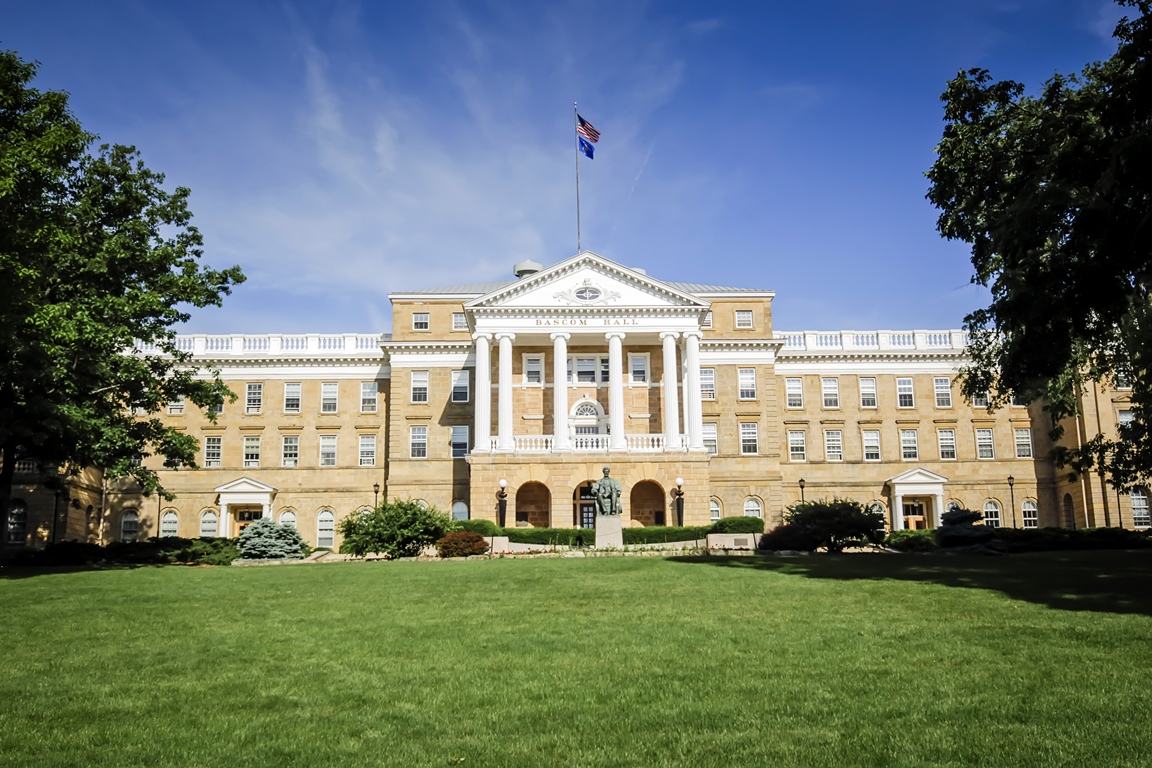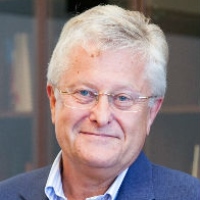Neighbours: Who is Close to HSE in Rankings. Part 1

In this year’s QS ranking by subject, HSE made it into the 51-100 group in three subject areas. The ranking is dominated by universities that need no introduction, Harvard, Oxford, London School of Economics and Political Science, etc. But which universities make the 51-100 group together with HSE? We asked some experts to tell us about HSE’s closest neighbours and their partnerships with HSE.
Andrei Melville, Dean of the Faculty of Social Sciences, spoke about some of the universities from the 51-100 group in Politics & International Studies.

Our closest neighbours include some very strong universities with a large potential for growth in our subject area.
Take, for example, Duke University (USA). They have a powerful political science department and several internationally renowned researchers, such as Professor Timur Kuran, who developed, among other things, the important concept of ‘preference falsification’. By the way, Prof. Kuran took part in last year’s April Conference, and his most popular book, ‘Private Truths, Public Lies’, has been translated into Russian by Irina Soboleva, graduate of our School of Political Science, and is published by the Gaidar Institute Publishing House.
Or take Indiana University, Bloomington (USA). Again, they are not Ivy League, but they are a renowned centre of political and international studies. Their staff includes Professor Regina Smyth, who has visited HSE many times and has given lectures, including those in the comparative political science course. She has also carried out field studies together with our younger colleagues, and today, one of the most prestigious U.S. publishers is preparing a book about the results of those studies. The same Department of Political Science employs another friend and colleague of HSE, Professor Bill Thompson, a renowned guru of contemporary globalism studies, the author of popular comparative studies in global political processes, and the role and position of superpowers in the world policy. He has also participated in the April Conference as an honorary speaker. His h-index is astronomical. We are meeting him again in June in Hong Kong, at the International Studies Association Conference, as part of a roundtable discussion on state capacity and the new components in state power and influence in contemporary countries within the changing global order.
One more neighbour in the subject ranking is the University of Wisconsin-Madison (USA). Its political science department is one of the oldest and most renowned in the U.S. and around the globe. While HSE doesn’t have an official agreement with this university, its political scientists are often guests at our university and have collaborated with us in a number of joint projects. Professor Scott Gehlbach, an authoritative expert in comparative politics and methods of political research, is closely involved in many of Andrey Yakovlev’s projects. For many years, Scott Gehlbach and I co-edited a series of political science working papers published by HSE in English. Professor Yoshiko Herrera from the same department works on large-scale Russian and post-communist studies. A few years ago, she, together with Timothy Colton (Harvard University) and Randall Stone (University of Rochester), was part of the World Bank expert team that carried out an expert evaluation of our political science programme, and, by the way, the results of that were extremely positive.
The University of Oslo (Norway) is a new partner of HSE. We recently signed an agreement on cooperation and student exchange, and in February, our university offered a series of open lectures by professors from the University of Oslo on the political, social and other processes currently taking place in Norway. And in September, our School of Political Science is going to welcome Professor Lars Mjøset, who will read a series of lectures as part of the master's programme 'Politics. Economics. Philosophy'.
As you can see, we are in very strong company, and this is a powerful incentive for further work and research.
See also:
Pivot to the East: A Comprehensive Study of the Cultural and Civilisational Centres of the Non-Western World is the Top Priority
China and the Chinese world, South Asia, Southeast Asia, the Arab countries, Iran, Turkey, Central Asia and Africa are gaining new significance in Russia’s foreign policy. However, we do not know enough about the Eastern countries. It is necessary to change the priorities in education, starting from grammar school. Prospects for the development of domestic Oriental studies in the context of the new stage in the development of the system of international relations were discussed at a round table at HSE University.
‘I Admire HSE Students’ Eagerness to Learn, to Discuss, to Broaden Their Perspectives’
Robert Romanowski was a ‘Digital Professor’ at HSE University in November 2021. In his interview for the HSE News Service, he talked about the specifics of online teaching, his course on Strategic Branding, and the skills that are essential for marketing professionals today.
Russia and Africa: Time to Expand Cooperation
There is major potential for economic and humanitarian cooperation between Russia and African countries. Particularly, Russian organisations and universities can help transfer competencies and knowledge in the fields of agriculture, energy, industrial production, environmental management, climate change, and public administration. Experts and representatives of African embassies in Russia discussed these issues at the round table ‘Russia-Africa Sharing Knowledge’ hosted by HSE University.
The Brain in Space: Investigating the Effects of Long Spaceflights on Space Travellers
As part of an international project conducted with the participation of Roscosmos and the European Space Agency, a team of researchers used differential tractography to analyse dMRI scans ofcosmonauts’ brains and found significant changes in brain connectivity, with some of the changes persisting after seven months back on Earth. The paper is published in Frontiers in Neural Circuits.
HSE University-Perm and the Training Centre of the Uzbek Ministry of Finance Sign Cooperation Agreement
HSE University in Perm has become the first academic partner of the Training Centre under the Ministry of Finance of the Republic of Uzbekistan. The parties have signed a cooperation agreement in education and research.
HSE University Strengthens Ties with Netherlands in Agricultural Research and Education
On November 9, 2021, HSE University signed a memorandum of understanding with Wageningen University & Research, a major university in the Netherlands and one of the leading agricultural research institutes in the world. Participants of the signing ceremony included HSE University Rector Nikita Anisimov, President of the Wageningen University & Research Executive Board Professor Louise Fresco, and Dutch Ambassador to Russia Gilles Beschoor Plug.
The Majority of Russians Do Not Support Microchip Implants
The majority of Russians would not agree to being fitted with microchip implants for any purposes—medical or otherwise. A joint study conducted by HSE University’s International Laboratory for Applied Network Research and Aventica found that respondents believe the risks of personal data leaks and misuse to be too high.
‘We Can Now Say That the Finance Conference Is Global’
The 10th International Moscow Finance Conference, organized by HSE ICEF, took place on October 29–30 online. Vladimir Sokolov, Head of the International Laboratory of Financial Economics, which hosted the conference, talks about the participants, the key presentation topics and how they will impact the global economy.
HSE University Scholars Study Green Transition Risks and Greenhouse Gas Emission Regulation
The UN Climate Change Conference is taking place from October 31 to November 12 in Glasgow. The conference focuses on preventive measures against the catastrophic and irreversible consequences of rising average global air temperatures. Igor Makarov, Head of the HSE Laboratory for Economics of Climate Change, will be taking part in the Glasgow conference. In the following interview, he speaks about the pressing problems Russia and the world are facing, and the research HSE scholars are doing on climate change.
Applications to Speak at eSTARS 2021 Conference Accepted Until November 15
HSE University and Coursera are bringing together the world’s leading researchers, professionals, education and technology leaders, and business community representatives for the fourth international research conference eLearning Stakeholders and Researchers Summit 2021 (eSTARS). This topic of this year’s summit, which will run from December 1–2, 2021,is ‘Digital Transformation: Global Challenges to the Education System’.


